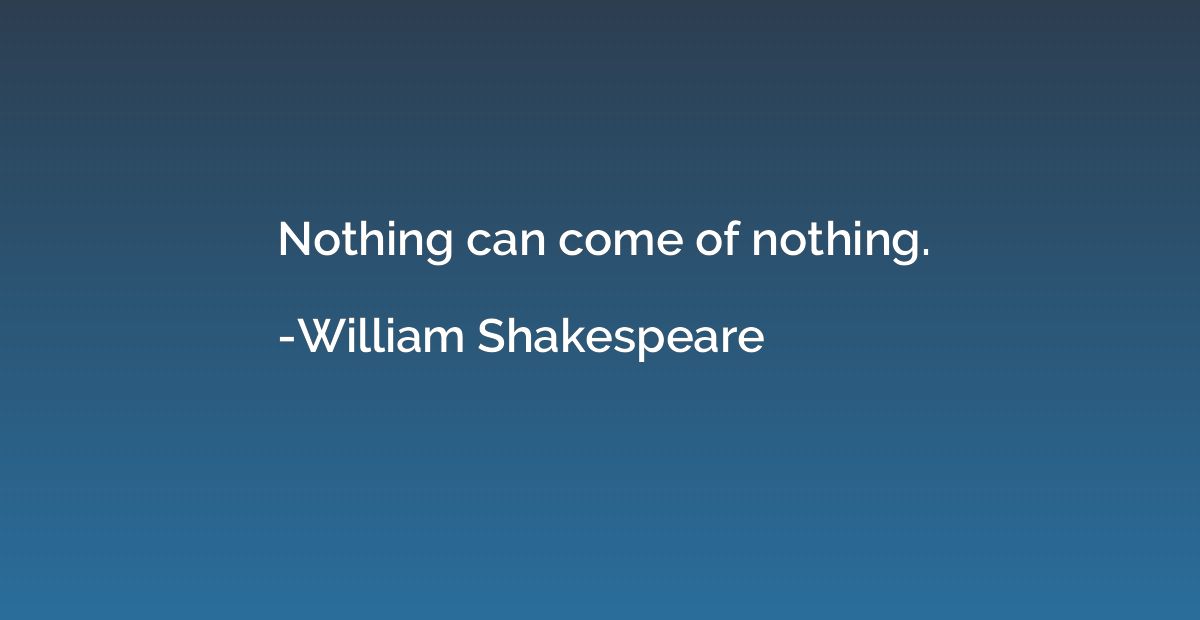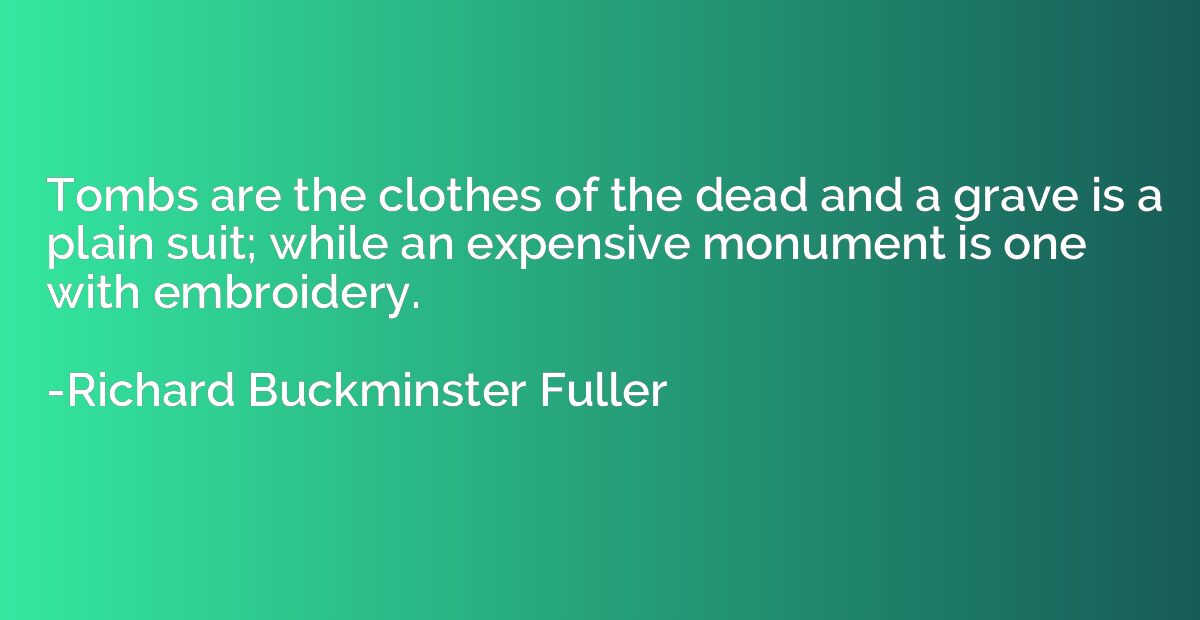Summary
This quote, often attributed to the character King Lear from Shakespeare's play, emphasizes the idea that one cannot expect to achieve or receive something out of nothing. It conveys the notion that in order to accomplish or acquire something, there must be an initial input or effort. It serves as a reminder that actions, contributions, or investments are necessary in order to yield results or outcomes. In other words, an absence of effort or input is likely to lead to a lack of results or progress.















